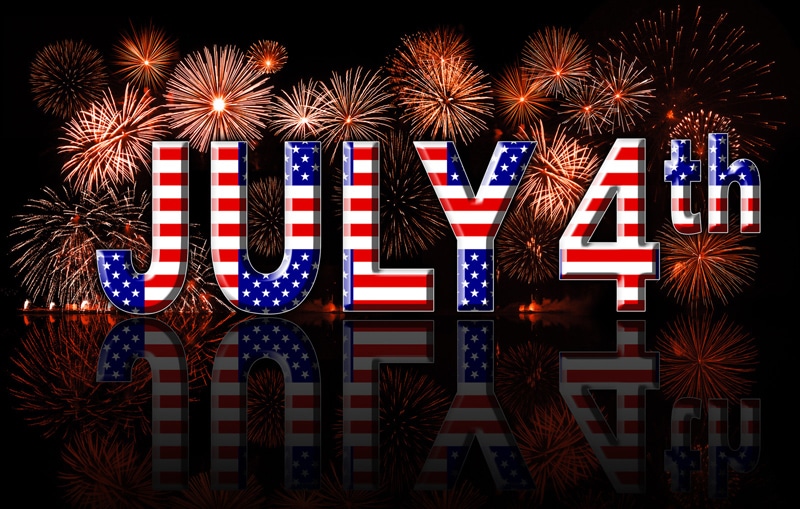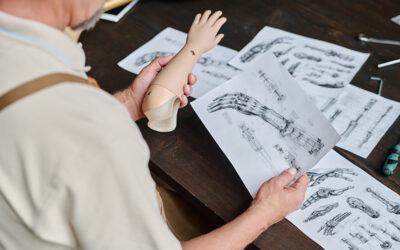With the fourth of July just around the corner, Americans will be busy planning for a long weekend and finding ways to celebrate this year’s Independence Day. It is the perfect time to bring family and friends together as well. But, with more fun activities, the risk for accidents and injuries is higher. There were reports highlighting the fact that each year fireworks cause many injuries in the United States during Independence Day celebrations. For fireworks-related injuries or any other accidents, people consider treatment in emergency rooms. Emergency department physicians can outsource medical billing tasks, and focus more on providing patient care.
Let us look at the ICD-10 codes for injuries and illnesses that could occur during this federal holiday.
Outdoor sports
Outdoor sports such as pool diving, fishing, playing volleyball or football are also popular ways to enjoy the Fourth of July.
- W16.52: Jumping or diving into swimming pool striking bottom
- W56.41: Bitten by shark
- W56.52XA: Struck by other fish, initial encounter
- W21.06XA: Struck by volleyball, initial encounter
- W21.01XA: Struck by football, initial encounter
Nature camping
Accidents could occur during camping adventures in the forest. These can be documented via codes such as
- L23.7: Allergic contact dermatitis due to plants, except food
- W53.21XA: Bitten by squirrel, initial encounter
- Y92.821: Forest as the place of occurrence of the external cause
Risk associated fun activities
With the hot weather ahead, you may consider taking a trip to the nearest lake with family and friends, which may lead to further risks. Codes for possible accidents are:
- E86.0: Dehydration
- L55.0: Sunburn of first degree
- T67.0XXA: Heatstroke and sunstroke, initial encounter
- T67.5XXA: Heat exhaustion, unspecified, initial encounter
- V91.07XA: Burn due to water skis on fire
- V93.29XA: Heat exposure on board watercraft
- W56.51XA: Bitten by other fish
Firework accidents
Fireworks are a big part of this holiday. But, there’s always the possibility of bodily harm with fireworks. Bottle rockets may even hurt your eyes, if users are careless.
- W39.XXXA: Discharge of firework
- W39.XXXD: Discharge of firework, subsequent encounter
- W39.XXXS: Discharge of firework, sequela encounter
- H91.90: Unspecified hearing loss
- X97.XXXA: Assault by smoke, fire, and flames
- T23.031A: Burn of unspecified degree of multiple right fingers (nail), not including thumb, initial encounter
- T25.32: Burn of third degree of foot
While handling fireworks, it is highly recommended to –
- maintain a distance of 25-40 yards always
- stay at least 75 yards away, during a fireworks show
- put in earplugs, as it create noise at 150-175 decibels, which can cause hearing loss
- set it away from other flammable materials and always have a fire extinguisher on hand
Heat
During such an occasion, even inexperienced people may handle the grill and other cooking, which may lead to burns or injuries. Make sure to have your trusty fire extinguisher ready at all times.
- X10.2XXA: Contact with hot food, initial encounter
- Y93.G2: Activity, grilling and smoking food
- A05.9 Bacterial food-borne intoxication, unspecified.
Food-borne infection occurs, if you leave the potato salad sitting in the sun for too long and then eat it.
Documenting any such Independence Day accidents is done using accurate diagnosis codes. ERs can rely on experienced medical coding companies to get their coding tasks done for clean claim submission.
Also, read our blog on ICD-10 codes for key summer diseases.
Enjoy the holidays and celebrate 2019 Independence Day safely!




